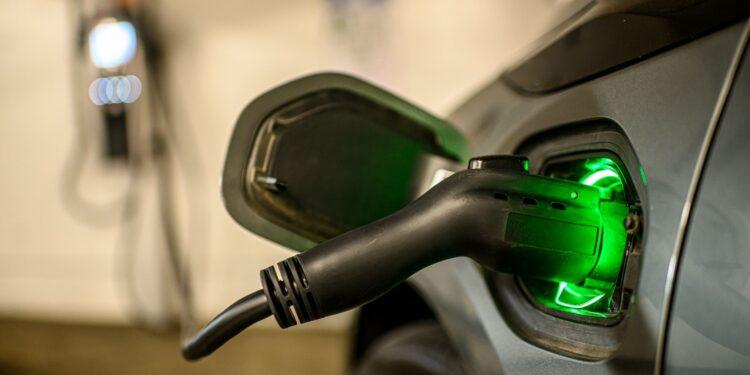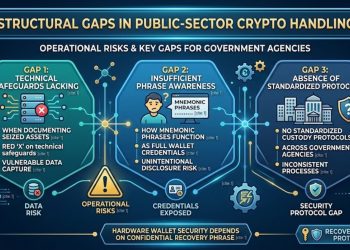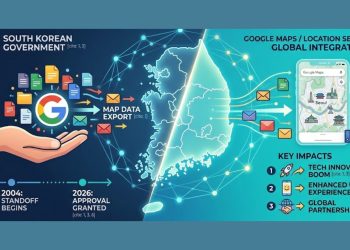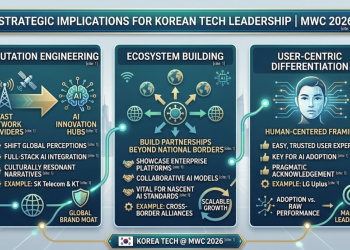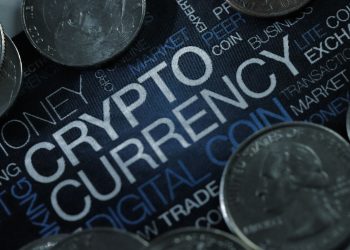South Korea’s Ministry of Trade, Industry and Energy has announced an investment of 1.5 trillion won (approximately $1.02 billion) in 2025 to stimulate domestic electric vehicle (EV) demand. It will address sluggish sales attributed to safety concerns and limited charging infrastructure, encouraging more consumers to transition to eco-friendly vehicles.
By 2025, the country intends to allocate at least 21 trillion won ($14.4 billion) to enhance the competitiveness of these sectors. This funding will focus on four key areas: addressing the slowdown in demand, advancing cutting-edge technology for the secondary battery ecosystem, and responding to external market challenges. The largest portion of this investment, approximately 7.9 trillion won, will be allocated to the secondary battery industry, marking a 31.7% increase compared to the previous year.
In 2024, South Korea’s electric vehicle (EV) sales saw a 9.7% decline, the second consecutive year of reduced demand. A total of 147,000 units were sold, driven in part by safety concerns following a major fire involving a Mercedes-Benz EV in August, which caused damage to over 100 vehicles and an underground parking facility in Incheon. These safety incidents and limited access to charging infrastructure have contributed to the slowdown in domestic EV adoption.
To address this, the South Korean government has implemented various measures to stimulate demand and ease the financial burden on consumers. Starting this month, young buyers purchasing their first EV will receive a 20% discount, while families with children can benefit from additional incentives. Families with two children are eligible for a 1 million won discount, while those with three or four children can receive 2 million and 3 million won discounts, respectively. Additionally, the government will extend toll discounts for EVs through 2027 to further encourage adoption.
In addition to supporting the EV market, South Korea plans to invest heavily in hydrogen fuel cell technology. By 2027, the number of hydrogen refueling stations will increase to 119 from the current 56.
The government will also provide subsidies for hydrogen-powered vehicles and extend natural gas tariff reductions for hydrogen raw materials. Furthermore, the investment will support the commercialization of level 4 autonomous driving technologies and the development of future vehicles, including software-defined cars.
In addition to boosting EV demand through consumer incentives, the South Korean government is enhancing EV infrastructure. By the end of 2025, the government aims to ensure that at least 10% of vehicles used for testing at driver’s license centers are electric. Furthermore, the government will allocate 375.8 billion won this year to install 4,400 fast-charging stations nationwide. Policies will also be introduced to encourage businesses, such as supermarkets and theaters, to install chargers designed for visitors who stay for extended periods.
South Korea plans to engage in free trade agreements with emerging markets like Malaysia and Thailand to mitigate external uncertainties. These efforts are intended to expand the country’s presence in global markets and support the integration of local component suppliers into international supply chains. The country is also monitoring the fluctuations in raw material costs, such as battery-grade lithium, which has been assessed at $10,000 per metric ton in North Asia.

